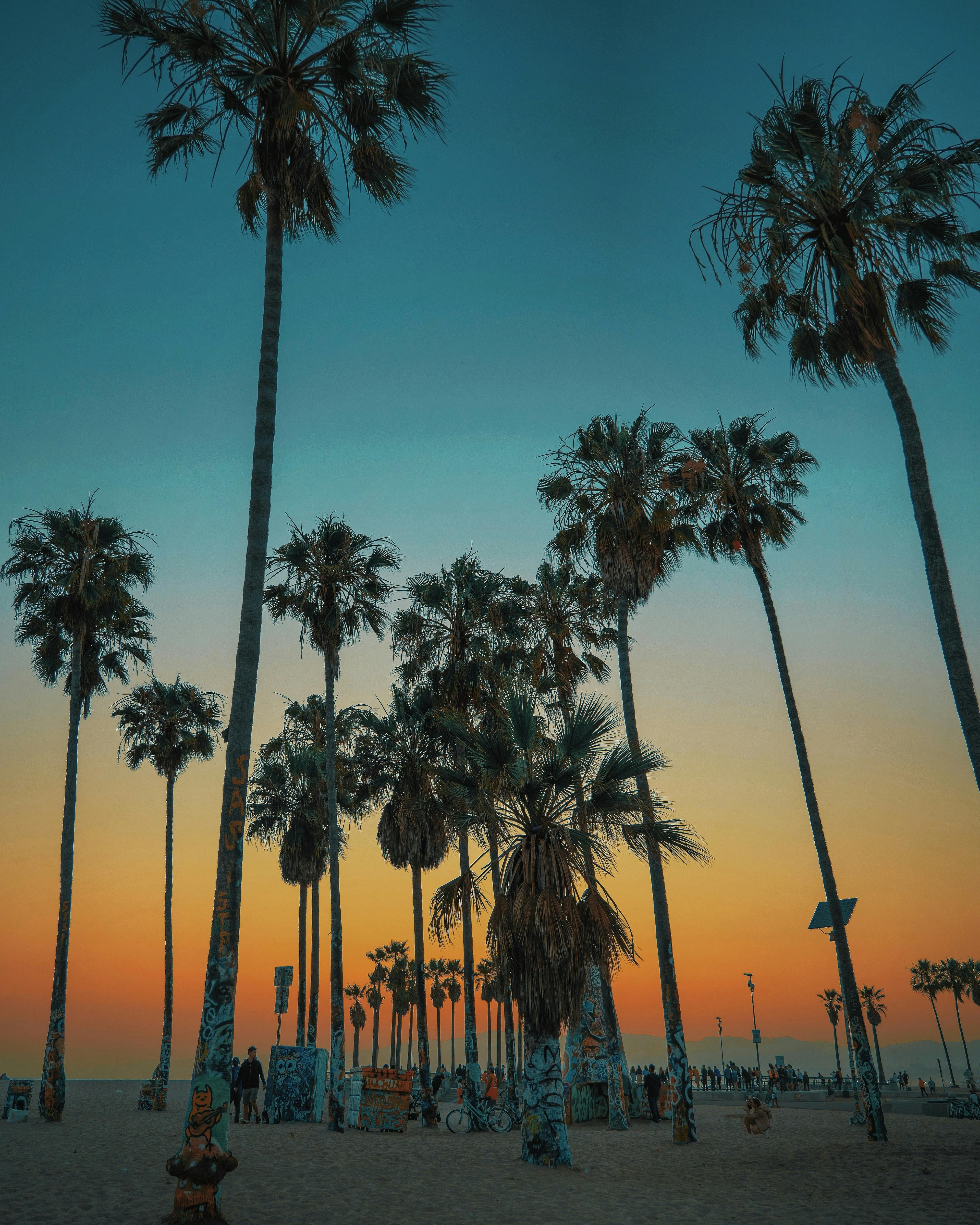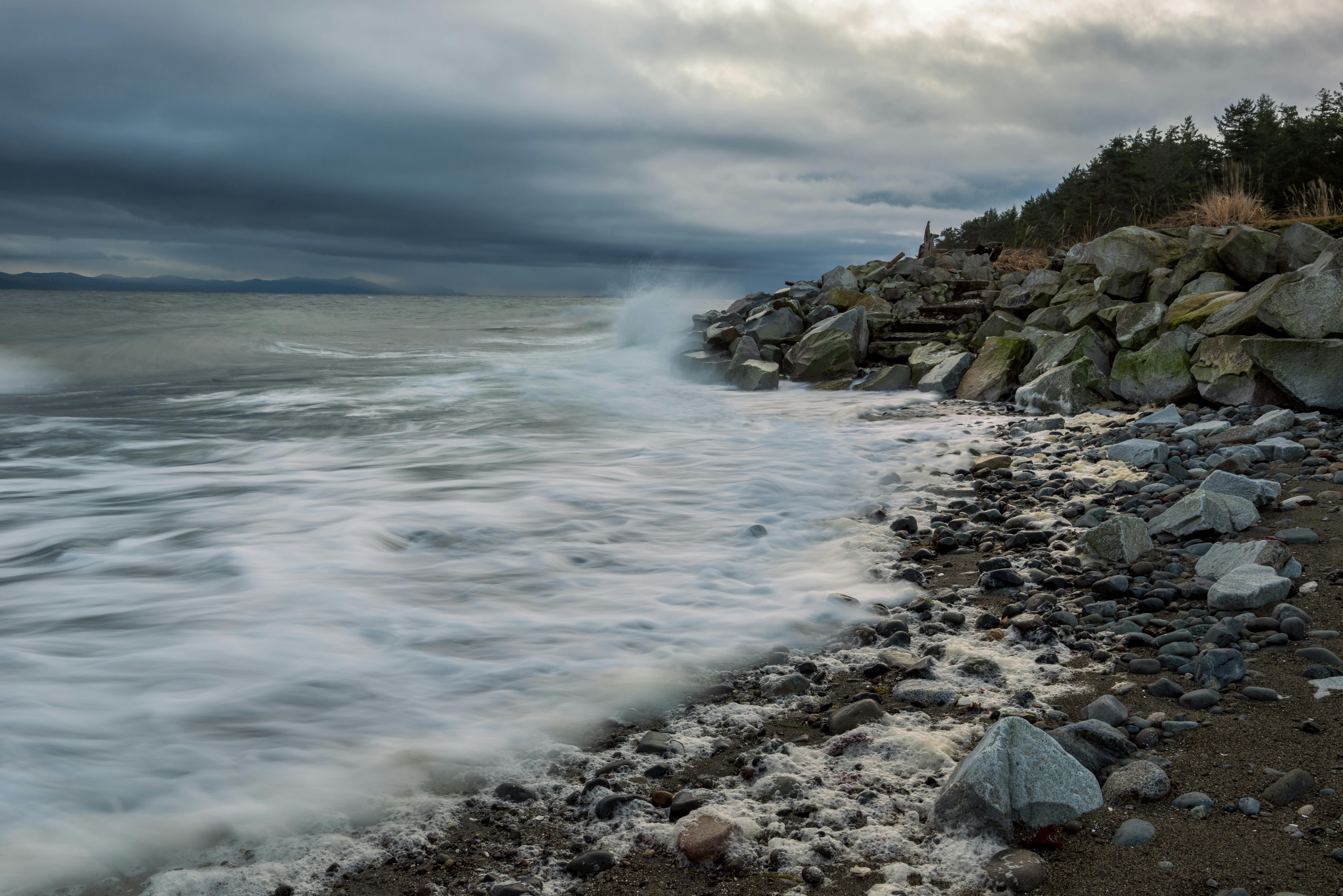Trump-Critical Human Rights Group Advocates Tougher Sanctions Against Venezuela
In the thick of things, we're currently 100 days deep into Donald Trump's reign 2.0. All NGOs to the right of the Heritage Foundation are on edge due to his aggressive foreign policy and the ensuing erosion of the rule of law. Even the usually liberal Human Rights Watch (HRW) shares the concern. However, HRW has a bone to pick - they think Trump ain't going far enough, particularly in regards to Venezuela.
The HRW's latest report on Venezuela, authored by Martina Rapido Ragozzino (North Andes researcher in HRW's Americas Division), urges for a beefing up of the measures that are already causing misery and deaths in the country. In a nutshell, they want more illegal actions that outdo Trump from the right.
Skipping the Elephant in the Room
The controversial point for HRW is the Venezuelan presidential election held last July, which saw Nicolás Maduro declared the winner. Beyond the alleged electoral irregularities, there's an elephant in the room that HRW doesn't touch - the US hybrid war against Venezuela. The American economic aggression was the major obstacle to fair elections. Venezuelans were under a financial squeeze, with economic coercions meant to make them back the US-backed opposition.
It's worth mentioning that the opposition refused to present their electoral records to the Venezuelan supreme court when summoned, simply because they don't recognize the constitutional order in Venezuela. Legally, they had no way to claim victory even if they had won legitimately.
After the election, it was no surprise that protests erupted. The opposition, known for their anti-democratic street violence, threatened chaos if they lost. HRW portrays the riots as mostly peaceful, while blaming the government for a brutal crackdown.
However, the widespread damage of public property such as health clinics, government offices, schools, and transportation facilities, along with numerous murders of government security personnel and party members, were minor details utterly ignored in HRW's over 100-page report. Such actions can hardly be called peaceful, nor blamed on the government.
A Worse Cure than the Disease?
Let's give HRW the benefit of the doubt and assume they're correct in asserting that there were irregularities in the Venezuelan election. Their solution? More punishment.
On April 29, the US State Department celebated 100 days of their "America First" achievements, highlighting the revocation of oil importing licenses and the potential implementation of secondary tariffs on countries still importing Venezuelan oil.
The next day, HRW's report demanded even harsher measures. Frustrated that the "Trump administration appears to be prioritizing cooperation" with Venezuela, HRW called for expanding sanctions and deepening pressure. This comes despite the US plans to intensify their "maximum pressure" campaign to achieve regime change in Caracas.
Specifically, HRW urged the US and other states to "counter Maduro's domestic carrot-and-stick incentives that reward abusive authorities and security forces, making them loyal to the government" by imposing even more "targeted sanctions."
Furthermore, the collective impact of individual targeted sanctions is a sad reality. Even individual sanctions end up contributing to collective punishment. HRW has admitted in a 2019 statement that these sanctions might worsen the already severe humanitarian situation in Venezuela.
But it seems like HRW isn't satisfied yet. With over 1,000 existing sanctions on Venezuela, they're hollering for more.
HRW acknowledges that these coercive measures haven't made a dent in correcting the perceived misbehavior. So why continue advocating for more punishments if ineffective? Maybe, because they're really good at punishing those who err, and setting examples for others.
HRW also lobbies for more foreign intervention in Venezuela's internal affairs, asking foreign governments to expand their support for Venezuelan civil society groups. Not surprisingly, their policy lobbying aligns perfectly with Venezuela's extreme right opposition led by María Corina Machado.
Selective Sainthood on Sanctions
HRW criticized the Trump administration's sanctions targeting the International Criminal Court (ICC) because they might "chill" the tribunal's zeal for going after Venezuela. Interestingly, this same HRW report shows no concern that Trump's sanctions might dampen the court's prosecution of the US/Zionist ethnic cleansing in Palestine. Instead, HRW is pushing for the ICC to prioritize its investigation of Venezuela.
HRW never mentions in this report that the US does not recognize the ICC's jurisdiction over itself. In other words, this report fails to criticize Washington's evasion of accountability as long as the ICC can be used against Venezuela.
The ICC has, in fact, been politicized regarding Venezuela. Caracas has requested in vain that the ICC investigate US coercive measures that have caused over 100,000 civilian deaths, which constitute a crime against humanity.
The HRW report is full of self-righteousness about the "brave efforts of Venezuelans who risked-and often suffered," but it fails to show empathy towards the general population that is facing the disastrous effects of these very measures it is advocating for.
HRW laments the US administration's cutback in funding to astroturf "humanitarian and human rights groups" promoting regime change in Venezuela. But they don't express concern for ordinary Venezuelans grappling with economic hardship, food insecurity, or inaccessibility to medicine due to broader US sanctions. In fact, the report fails to acknowledge the humanitarian consequences of unilateral coercive measures.
The human rights organization's primary critique of the enormous humanitarian toll of the unilateral coercive measures is that they have "failed to produce a transition."
Sanctions Kill
The HRW report frames US sanctions as justified efforts to enforce imperial restrictions on Venezuela and not as part of a regime-change hybrid war. As Venezuelanalysis reported, "US economic sanctions against Venezuela are a violent and illegal form of coercion, seeking regime change through collective punishment of the civilian population." Investigations by the UN's high commissioner for human rights found "sanctions that threaten people's lives and health need to be halted."
Even HRW's own World Report 2022 cited UN findings that sanctions had worsened Venezuela's economic and social crises. Yet HRW seems to believe that the burden is worth it, recalling Madeleine Albright's infamous defense of Iraq sanctions: "we think the price is worth it."
Follow-the-Flag Humanitarianism
HRW has long maintained close ties with the US government personnel and George Soros' Open Society Foundations. UN Independent Expert and human rights scholar Alfred de Zayas describes how HRW and similar NGOs have become part of what he calls the "human rights industry," instrumentalizing human rights for geopolitical agendas.
Unilateral coercive measures are a significant component of the US imperial arsenal. But HRW overlooks the fact that such sanctions are illegal under international law. In fact, Article 33 of the Fourth Geneva Convention prohibits collective penalties against protected persons.
As Mark Weisbrot with the Center for Economic and Policy Research observes, HRW has ignored or paid little attention to heinous crimes committed collaboratively with the US government in this hemisphere, while it "has repeatedly and summarily dismissed or ignored sincere and thoroughly documented criticisms of its conflicts of interest."
HRW acknowledges that the coercive measures against Venezuela, which impact the general populace, have not succeeded in installing an administration subservient to Washington - what they euphemistically call "restoration of democracy." So why continue advocating for more sanctions and support for Venezuela's far-right opposition? The answer is that Washington's NGO puppets speak of reform, but their ultimate goal is to incite insurrectionary regime change.
Roger D. Harris is with the human rights organization Task Force on the Americas, the US Peace Council, and the Venezuela Solidarity Network.
The views expressed in this article are the author's own and do not necessarily reflect those of the Venezuelanalysis editorial staff.
- The Human Rights Watch (HRW) has urged for a strengthening of the measures already causing misery and deaths in Venezuela, believing that President Trump is not going far enough in his foreign policy towards Venezuela.
- After the Venezuelan presidential election held last July, which saw Nicolás Maduro declared the winner, many protests erupted, with HRW portraying the riots as mostly peaceful and blaming the government for a brutal crackdown.
- However, the widespread damage of public property such as health clinics, government offices, schools, and transportation facilities, along with numerous murders of government security personnel and party members, were minor details utterly ignored in HRW's over 100-page report.
- After 100 days of the US "America First" achievements, the US State Department had revoked oil importing licenses and potential implementation of secondary tariffs on countries still importing Venezuelan oil, which HRW demanded even harsher measures in response.
- HRW has acknowledged that the coercive measures against Venezuela, which impact the general populace, have not succeeded in installing an administration subservient to Washington, but continues to advocate for more sanctions and support for Venezuela's far-right opposition.









